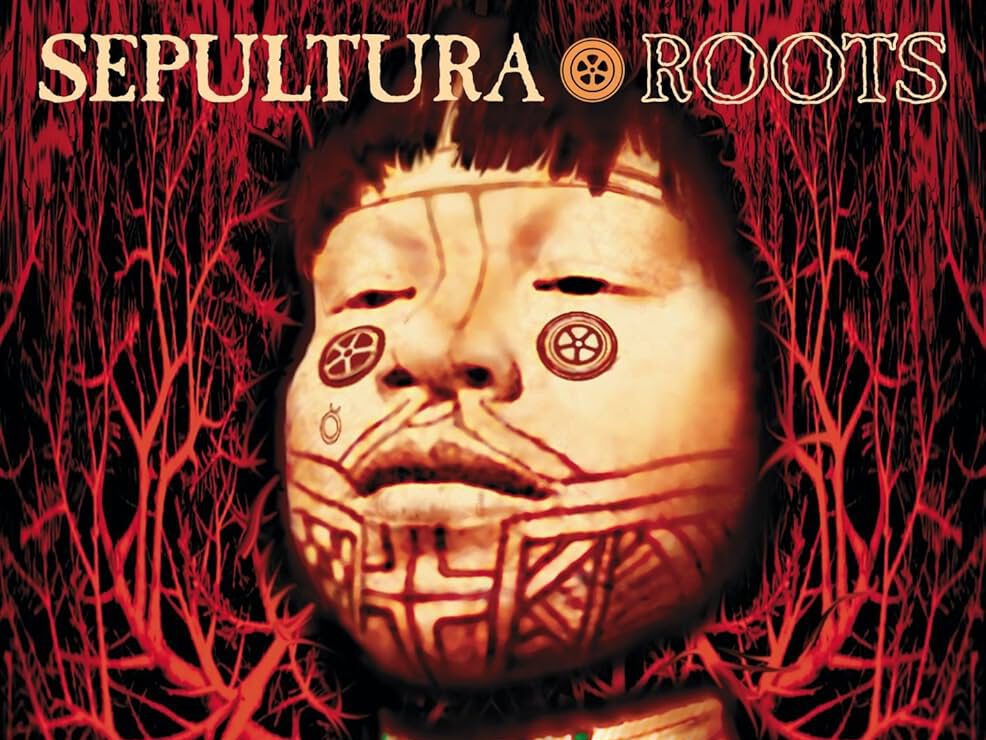Recently I visited two very different concerts in terms of style and genre: the first was Marisa Monte, an MPB (musica popular brasileira) singer, and the second one was Sepultura, a groove metal band. Everything about these concerts seemed entirely unrelated except for one thing: the artists are both of Brazilian ancestry. Continuing on that fact, both concerts were very far from the homeland of both artists. Marisa Monte’s concert was in de Grote Zaal in TivoliVredenburg, Utrecht, which is a venue designed with classical music in mind. It is shaped in this peculiar beehive-like fashion and completely adjusted for optimal acoustics. Sepultura’s concert took place in Barrowland Ballroom, Glasgow. A much simpler, traditional rectangular pop/rock music venue with a rich history.
The difference in the audiences of these concerts peak my interests, mainly in the way they related to the heritage of the artists. To start with Marisa Monte: I observed three types of people. The first were the overwhelming majority of Brazilians, people that emigrated to Europe and were really missing their country of origin. They were an extremely lively audience in a way that I have never experienced before. They were literally in constant conversation with the artist: singing along, giving direct feedback and always dancing. To me it seemed like this moment was a little piece of home for them.
Then there was the group I belonged to, the Dutch people with a Brazilian partner or friend who brought them to the concert. It’s not that I didn’t know the artist at all, I actually quite like her music and could somewhat sing along to some songs, but it was clear I wasn’t there completely on my own accord.
Those who did not have a Brazilian justification, the third group, were Dutch people who were there because they just loved the music. They were more outgoing at this concert than I have ever seen Dutch people be. It raised the question for me of if this was because these were just the most outgoing Dutch people and the music attracted them or if the outgoingness of the Brazilians just rubbed off on them. They truly danced and enjoyed the music like it was bringing them back to their life changing vacation to Rio de Janeiro that they never went on.
Then there was the Sepultura concert. The demographic here was very homogeneous, as it was made up of Scots who just loved Sepultura. However, the fans seemed very indifferent to the band’s heritage. It does somewhat make sense because Sepultura lost most of their Brazilian members and has been making music in English as well as Portuguese for more than 30 years. The remaining Brazilian band member did introduce a jam session inspired by indigenous drum beats and spoke about incorporating their culture into certain songs but the crowd reception was fairly meek to this.
The differences between these concerts was so interesting to see, especially with so little time between the two. I would say that the thing which really explains the difference in the audiences is whether the artists are locally or globally oriented. During the Marisa Monte concert there was never any question about where she was from, she just is Brazil, the audience is Brazil and for the concert’s length we were in Brazil. Sepultura is a very different case as they make music within a more internationally oriented genre, were quickly picked up by international labels and have an international fan base. Still, both artists involve their heritage in their music and the concerts I attended. Even with their international fanbase Sepultura made politically critical music about Brazil, made a case for the minority native Brazilians and uses Brazilian rhythms and Portuguese in their music.
After attending both concerts it became clear to me that understanding and researching the cultural heritage of an artist would probably make your concert experience more enjoyable. After all, we all want to enjoy a concert like that third group of Dutch people who were finally able to feel like they had that caipirinha on the beaches of Ipanema.

